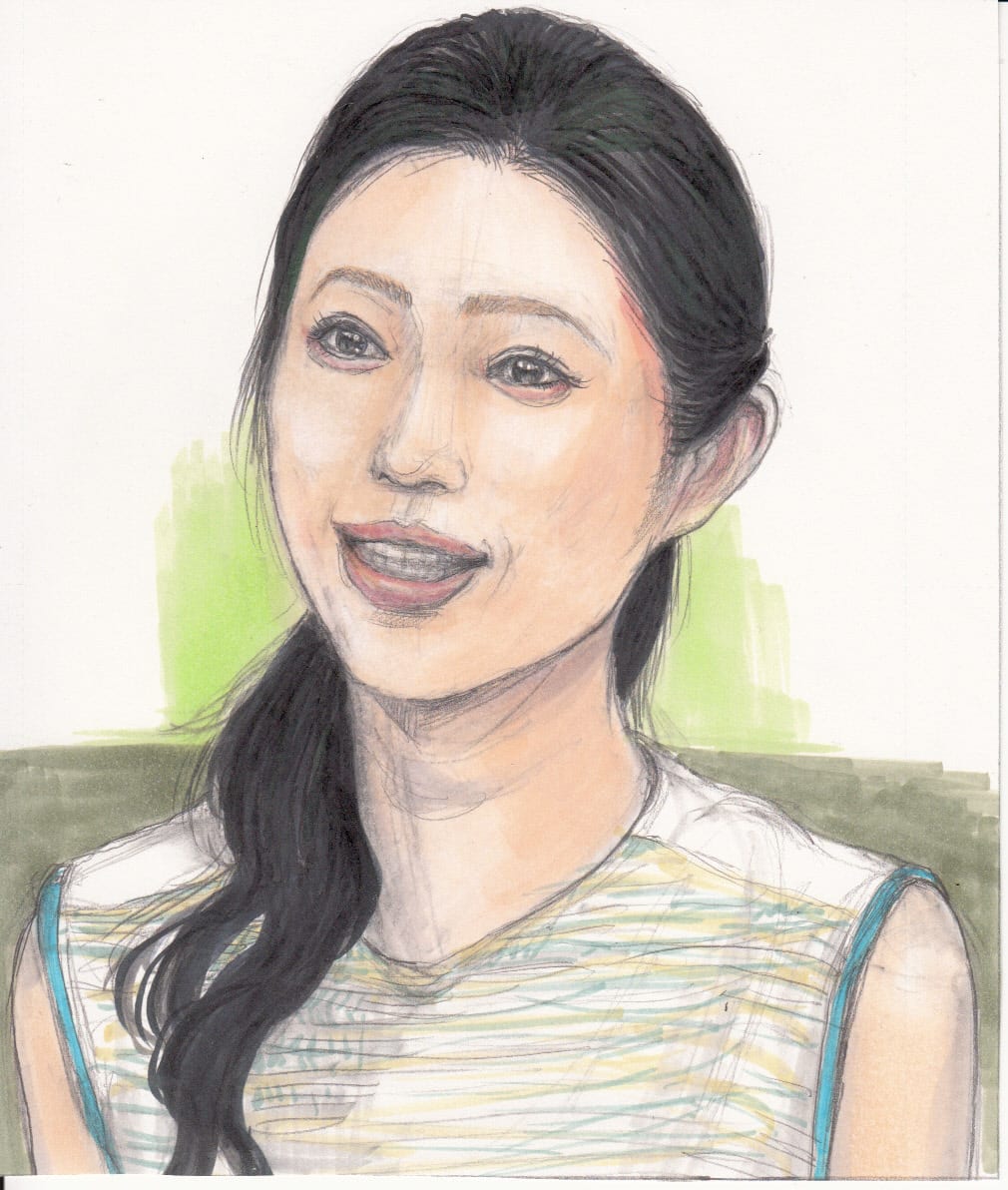

As a result, the open-source solution developers struggle to bridge the gaps between several proprietary formats, while the open-source image analysis software developer and commercial microscopy companies frequently engage in format conflicts. As more competing vendor solutions emerge, the number of proprietary formats grows, posing a barrier to interoperability and maintainability. Additionally, these solutions only provide access to image pixel data sample clinical context (and acquisition process) information remain inaccessible. Furthermore, the wide range of open-source and commercial solutions available today for determining which tool is ideal for a certain task may be tricky.

#Convert tag imagesize lsm code#
These software programs differ in terms of their targeted application, usability, and source code accessibility. Many open-source and commercial software solutions for reading these diverse proprietary digital file formats have been created in order to mitigate the issue of distinct digital file formats. There are no universally accepted file formats for microscopy images. Furthermore, despite the fact that the functioning principles of numerous scanners are equivalent (like applying compression function, etc.), there are hundreds of microscope scanners on the market today that employ distinct digital file formats. The normalized objects were stored through the standard communications in the Dicoogle open-source archive.ĭespite the fact that microscope technology has made great advances in the field of life science, still, this sector faces substantial challenges in data processing and sharing due to the many digital file formats that are employed. The results demonstrated that the proposed methodology is accurate and can be used in production. The system feasibility and performance were evaluated with fifteen distinct proprietary modalities, including stacked WSI samples.

This article proposes an automated DICOMization pipeline that can efficiently transform distinct proprietary microscope images from CLSM, FIB-SEM, and WSI scanners into standard DICOM with their biological information maintained within their metadata. While some scanners currently have DICOM interfaces, the vast majority of manufacturers continue to use proprietary solutions.

The DICOM protocol is a feasible solution to the aforementioned problem because it already provides an interface for visible light and whole slide microscope imaging modalities. Without the adoption of standard data formats and communications methods, it will be impossible to build this industry through the installation of vendor-neutral archives and the establishment of telepathology services in the cloud. This reality offers new diagnostics tools to clinical practice but emphasizes also the lack of multivendor system’s interoperability. Moreover, new technology is being researched to acquire images and new modalities are appearing in the market such as electron microscopy. There are multiple microscope scanners available in the market including low-cost solutions that can serve small centers. The evolution of biomedical imaging technology is allowing the digitization of hundreds of glass slides at once.


 0 kommentar(er)
0 kommentar(er)
